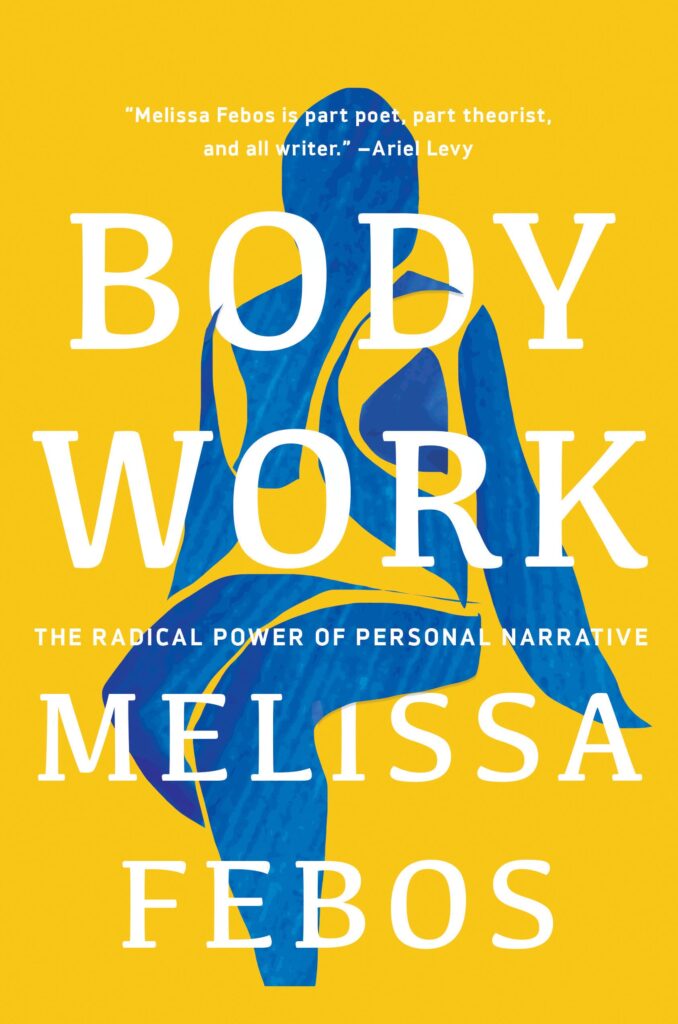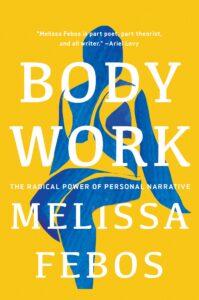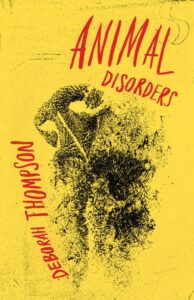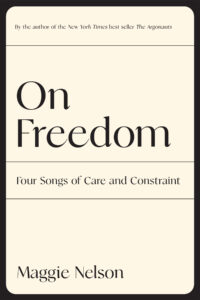Reviewed by Sara Biggs Chaney | June 21, 2022
Catapult Press, 2022
Paperback, 171 pages, $16.95
Melissa Febos begins Body Work with an insistence: personal writing is not trivial, craftless, or selfish. On the contrary, it might be the only writing really worth our time. By the end of the book’s first essay, “In Praise of Navel Gazing,” I was convinced by Febos’s claim that the rigorous self-examination required to effectively compose a so-called “confessional” memoir can be the means by which we challenge internalized narratives and seek personal and political liberation. For Febos, what we discover inside ourselves is always, in part, what the world has put there. Writers who identify as female, queer, non-binary, or non-white know well the high stakes of self-investigation. If internalized cultural scripts serve their oppression, then interrogating those scripts might serve their liberation. Febos offers a satisfying condemnation of those in the literary community who disparage personal writing as less valuable or less serious than fiction. With fierce tenderness, she encourages her readers to reject sexist and racist prohibitions against “navel gazing” and gives us all permission to write our truest stories, the very stories that may have the power to transform our lives and challenge the oppressive structures in which we live.
Difficult to fold into a single sentence, Febos’s multidimensional argument has a great deal to do with writing about and through trauma. It also has to do with writing well, which for Febos means writing rigorously and honestly until we stretch beyond the tidy untruths that make for self-deceptive (not to mention, bad) writing. In her second essay, “Mind Fuck,” she unpacks common misassumptions about writing effective sex scenes. It is not sex scenes that are the problem, Febos insists, but writers who have the problem with sex scenes. This is because our culturally constructed bodies, made from internalized narratives about what bodies are good for and whose pleasure they enable, impede access to our “actual body.” To extricate the actual body, we need to have the courage and patience to write about our sexual lives reiteratively until we recognize and question the cultural scripts that guide our writing choices. More rules about writing sex scenes won’t help us in this process, Febos advises. In lieu of rules, she offers “unrules” like “you can use any words that you want” and “sex doesn’t have to be good.” By freeing us from rules, I think that Febos hopes to lay the ground work for a deeper kind of “body work,” a somatically-grounded writing experience that will allow our suppressed or culturally over-written sensory and emotional experiences to be expressed for the first time.
Across the book’s third and fourth essays, Febos considers the spiritual dimensions of this new kind of writing practice. In the third essay, “A Big Shitty Party,” she tackles the ethics of writing personal narratives that include the lives of others. What is the writer’s responsibility to those others and to themselves? Febos draws on her past writing experiences—shared in a series of vignettes that are funny, touching, and terrifying—to illustrate how there is no one-size-fits-all answer to this question. What you owe others is always to be considered and weighed alongside what you owe yourself. If we believe that memoir writing is a tool of personal transformation, it follows that “the act of writing a book is likely to change only one person: you.” The body work of traumatic recovery loses sight of the person at its center to its detriment. While it makes sense to minimize the harm done to others in memoir writing, protecting others must not supplant the gargantuan task of confronting, reflecting, and taking responsibility for ourselves.
Body Work envelops readers in a generously healing vision of memoir writing. Melissa Febos teaches us that we can embrace personal writing as a way of growing through immense pain, and that writing will guide us—physically, emotionally, spiritually, politically—toward that version of ourselves we need to become.
ABOUT THE AUTHOR
Melissa Febos is Associate Professor at the University of Iowa and the author of four books, including the national bestseller and LAMDA Literary Award Finalist, Girlhood (2021). She has won more prestigious awards than can be listed here, including both a Guggenheim and NEA Fellowship for 2022.
ABOUT THE REVIEWER
Sara Biggs Chaney is a poet, collage artist and aspiring creative non-fiction writer whose work has recently appeared in Puerto del Sol, The Pinch, Redivider, Quarterly West and elsewhere. She is a Senior Lecturer in Writing and the Associate Coordinator of the Mellon Mays Fellowship at Dartmouth College.






